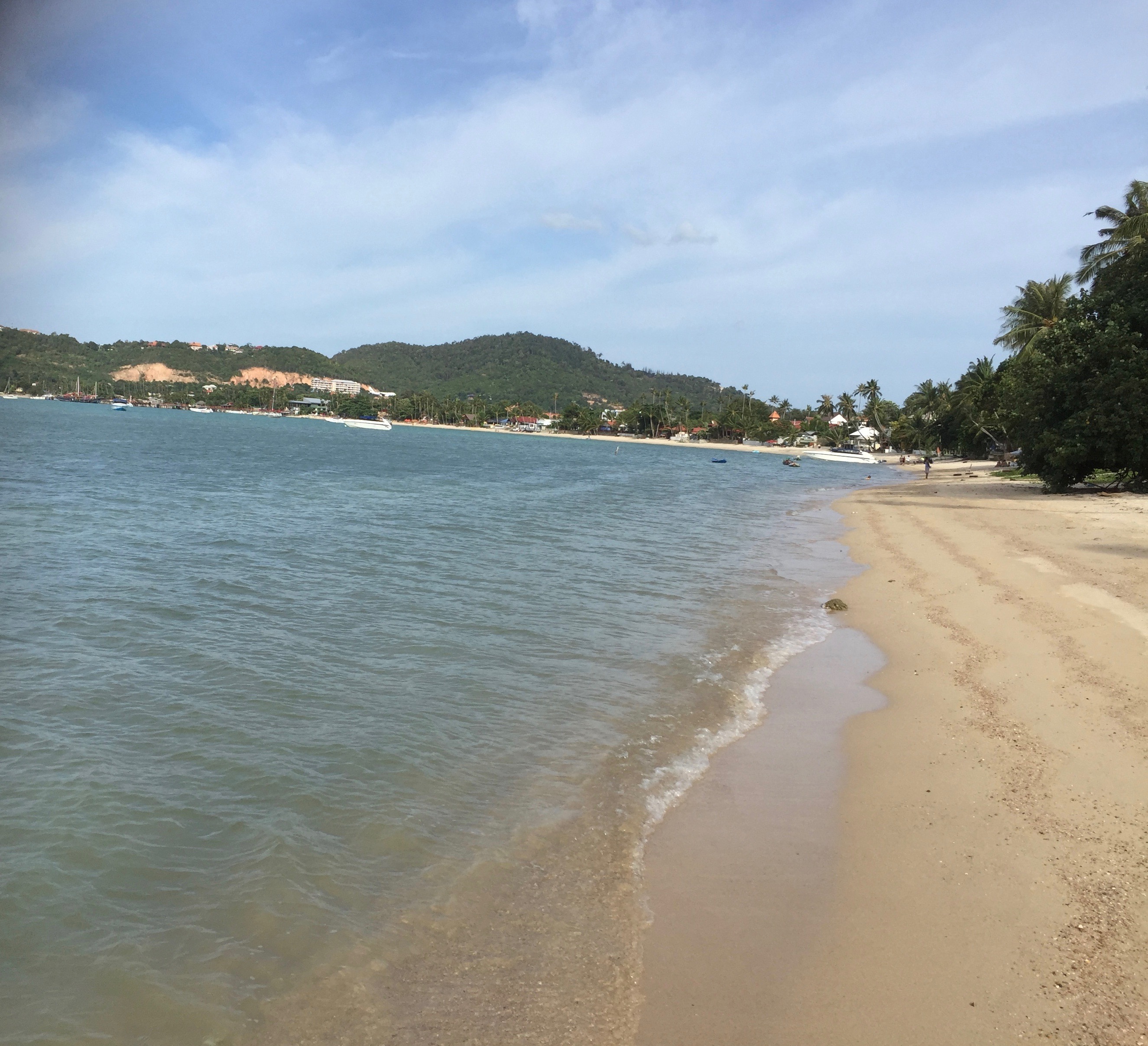 I was walking along this Thailand beach recently and was distressed at how much litter I gathered up in one short 20-minute walk. Beautiful sand was covered with the detritus of broken bottles, glass, plastic bags and more. I found a plastic bag and had soon filled it with crap.
I was walking along this Thailand beach recently and was distressed at how much litter I gathered up in one short 20-minute walk. Beautiful sand was covered with the detritus of broken bottles, glass, plastic bags and more. I found a plastic bag and had soon filled it with crap.
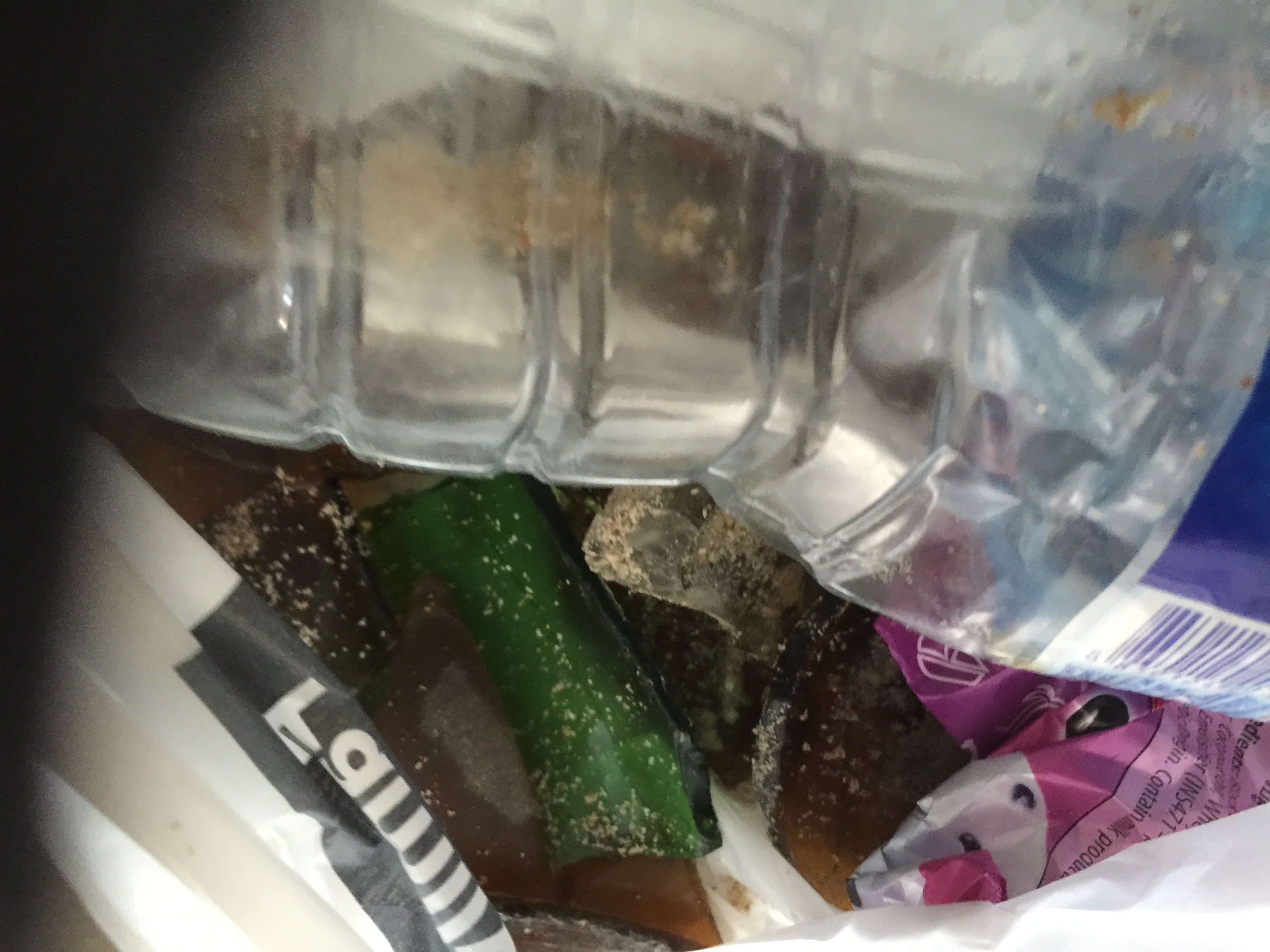
My Trash Haul
It made me reflect on how much trash we travellers create. In the Maldives, Bluepeace estimates that each traveller produces 3.5 kilograms (7.7 pounds) of rubbish a day.
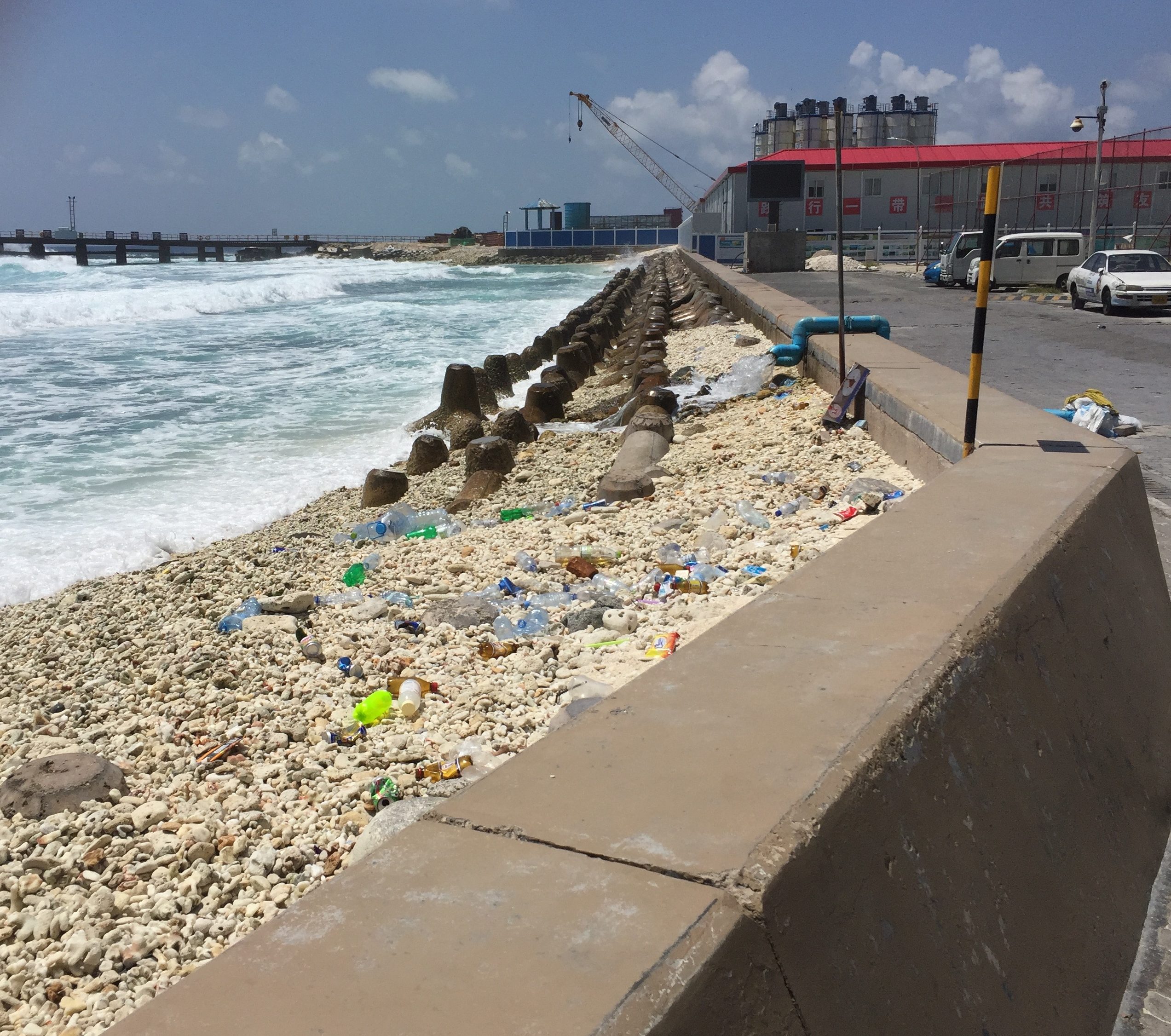
Globally, eight million tonnes of plastic end up in our oceans. That is the same as five grocery bags filled with plastic for every foot of coastline in the world. In 2025, the annual input is estimated to double to ten bags full of plastic per foot of coastline.
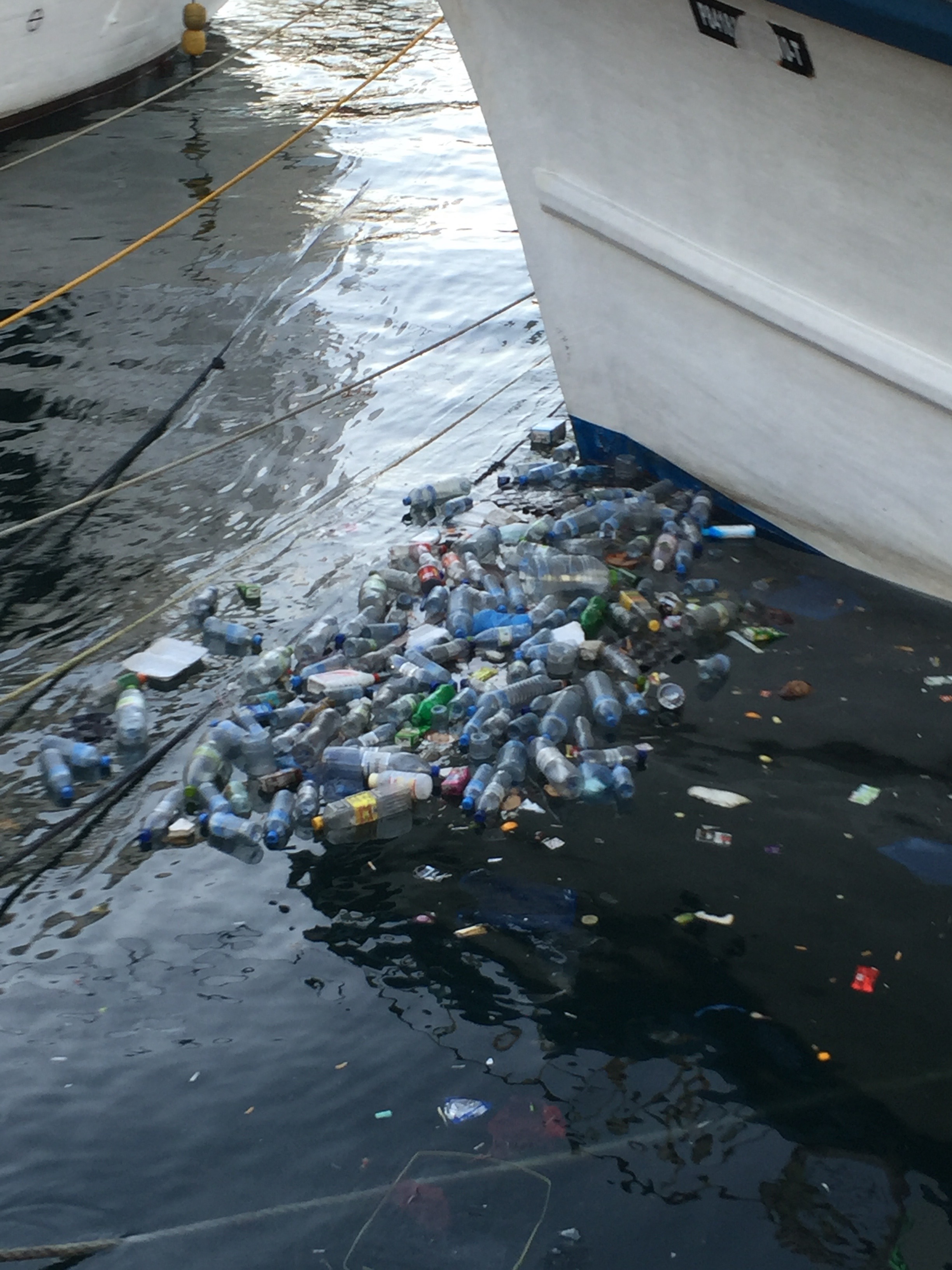
Plastic takes a long time to break down, gets eaten by sea creatures and traps and entangles birds. It literally is killing our environment. This is why more and more beaches have swathes of trash along them:

Walking along in the Maldives
In 2014, there were 1.61 billion tourist arrivals. As I walked along the beach, I reflected on what it would like if each of us produced just one piece of trash a day during our vacation. We could collectively leave ten billion pieces of trash over a week’s vacation. We have to stop this growth!
My Thoughts:
- Travel to destinations that are tackling rubbish actively. Switzerland has banned plastic bags in some cantons for years, France has banned plastic cups, plates and cutlery . Sweden is encouraging people to ‘throwaway less by cutting taxes on repairing household items from bicycles to washing machines
- Look for eco hotels and resorts that focus on recycling, reducing and re using. Make sure they are actually doing things in a meaningful way. I have come across “eco-resorts” that merely use the word as an advertising by line.
- Buy less. Do you really need that gift, souvenir of piece of clothing?
- Refuse plastic bags. I now know the word for “no plastic” in a dozen languages! Carry your own bag and combine purchases into fewer bags. I have a fold up bag which turns into a very handy carry bag.


- Use recycling facilities when you see them
- Take your own litter with you
- Pick up other’s litter when you are hiking or on beaches
- Carry your own drink bottle and refill it when you can
- Write to government officials in the places you want to visit encouraging them to invest in sustainable practices for their communities
I would like to walk down a trash less beach. You?
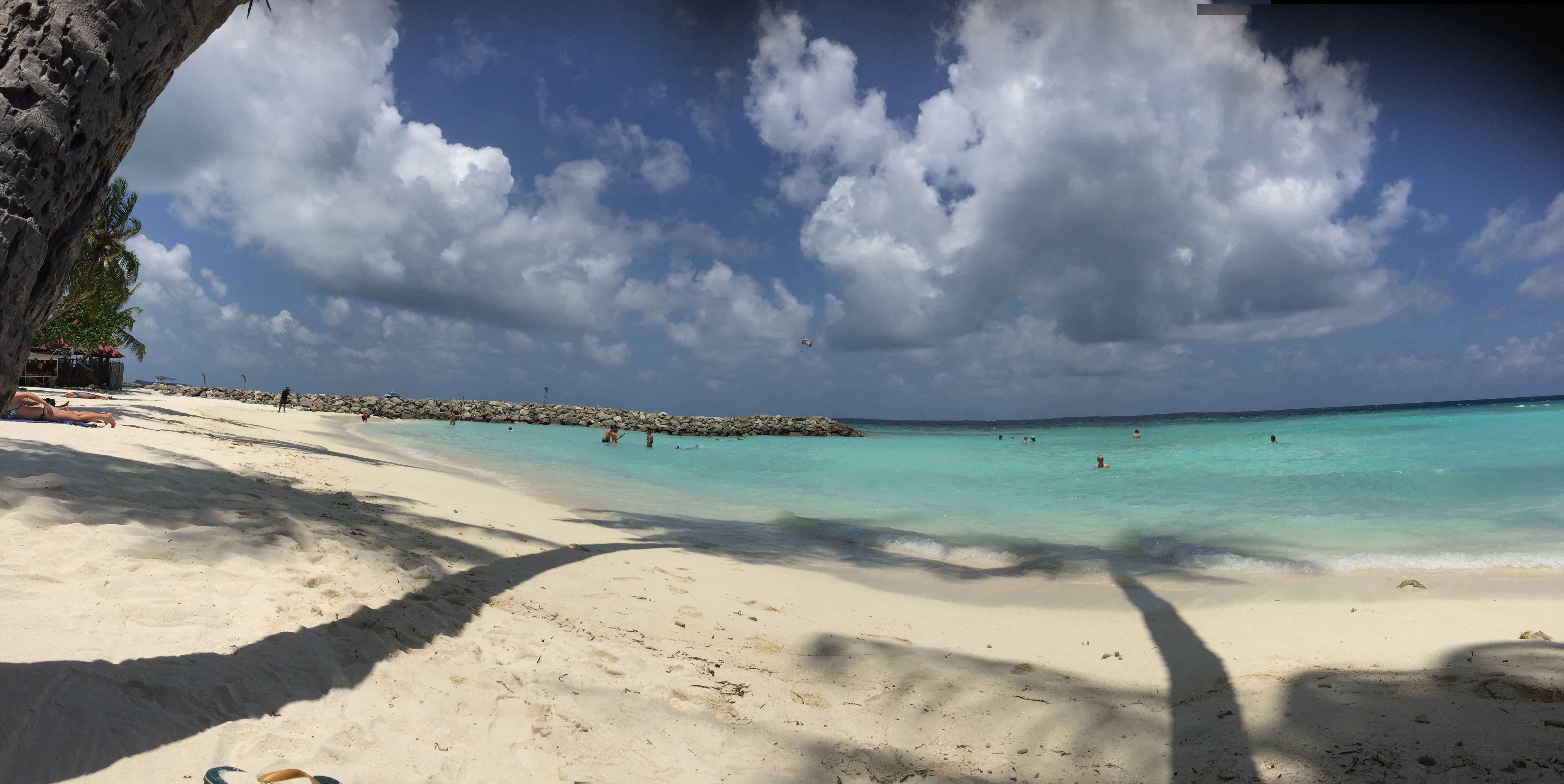
Related Posts


These are all great points however most of the trash you see on “third” or even “Second” world beaches is not from tourist (for the most part). The locals have different standards for litter than most “first” world countries.
How much of this is tourists, versus it just washed up on the beach?
Keep an eye out for airplane parts. While back some debris washed up in Thailand they though might be MH370 turned out to be some Japanese rocket part.
Hi!
Old t-shirts can be turned into no-sew tote bags that are light and compact.
There are many YouTube videos and craft sites to show you how.
reduce – reuse – recycle!
It’s the same on my morning walk. I bring a bag and collect trash. Ridiculous. Bikers, walkers, drivers….all just toss it in the street. It ends up in the storm sewers.
I sympathise with anyone visiting a nature area who’s confronted with trash.
As to the plastics problem, why are not the manufacturers required to involve themselves in the RATIONAL disposal of this material which Nature cannot compost? They are the crony capitalists who profit and benefit from the sales of this terrible end-product pollution whilst we are landed with the costly tasks of separating, shipping, and re-making products from this stuff then paying once again to buy it in “recycled & GREEEEEEN” forms. (that’s best-case scenario). We also carry the weight of conscience and we scorn those around us who even use the products — which are heavily marketed (and protected & subsidised) whilst their competitors are forced to sell far above the market of poorer folk.
Thanks for the tip!!